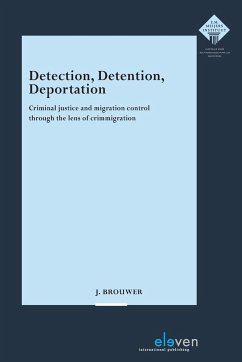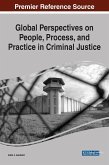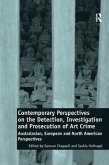Border control has changed significantly in recent decades. Whereas globalisation appears to have diminished the relevance of international borders, states have simultaneously sought ways to regain some form of control over cross-border mobility. In this process, alternative and novel means of border enforcement have emerged. What do these bordering practices look like? How are they implemented on the ground and experienced by those subjected to them? These are the main questions this dissertation aims to answer. To that end, it looks at bordering practices in the Netherlands through the lens of crimmigration, the term used to refer to the growing merger of criminal justice and migration control. Relying on extensive empirical fieldwork - including observations, focus group discussions, surveys, and in-depth interviews - the dissertation examines two bordering practices: intra-Schengen migration policing and the punishment and deportation of criminally convicted non-citizens. The different empirical chapters highlight the various ways these contemporary bordering practices are shaped by and in their turn shape the criminal justice system, and how this ultimately results in considerable challenges for the legitimacy of both the migration control and the criminal justice system.
Hinweis: Dieser Artikel kann nur an eine deutsche Lieferadresse ausgeliefert werden.
Hinweis: Dieser Artikel kann nur an eine deutsche Lieferadresse ausgeliefert werden.








